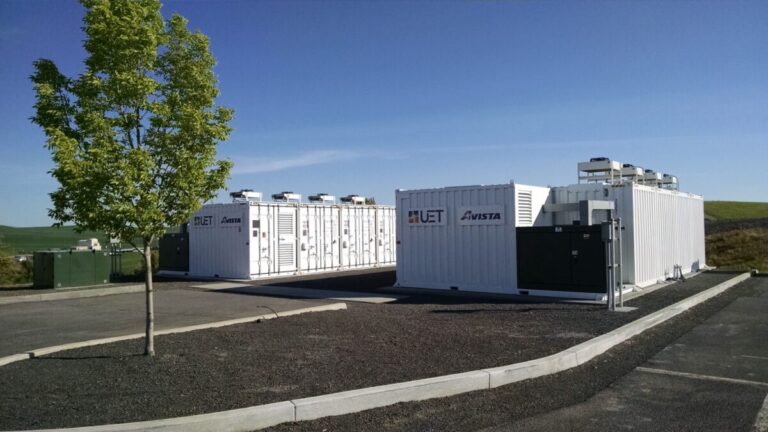Image: UniEnergy Technologies, Wikimedia Commons
From pv magazine ESS news place
Poland’s battery revolution is in the starting blocks, but a newly proposed regulation could prevent it from reaching its full potential.
Earlier this week, a draft regulation was published setting out the parameters for this year’s procurement round (here: https://lnkd.in/eGhde6ft). One of its key components was a proposed reduction in the BESS derating factor from 95% to 57.6%.
A derating factor is a multiplication factor applied to a unit’s actual generation capacity to determine the maximum contract size it can win in the capacity market auction. It is based on the expected availability of interruptible capacity in hours when demand is greatest.
For example, with the new derating factor of 57%, a 100 MW battery could win a contract for a capacity of 57 MW. Investors would typically contract even less to ensure they can meet their capacity obligation.
“Derating factors don’t necessarily have to be duration-specific,” says Grzegorz Walkowski, senior associate at Aurora Energy Research. pv magazine Energy storage. “In the Polish market, units are expected to produce their contracted capacity for four hours, requiring investors to adjust their strategy based on their storage duration and repowering plans. This is generally positive as it allows the market to determine the most effective approach.”
To read further, visit our ESS news website.
This content is copyrighted and may not be reused. If you would like to collaborate with us and reuse some of our content, please contact: editors@pv-magazine.com.


